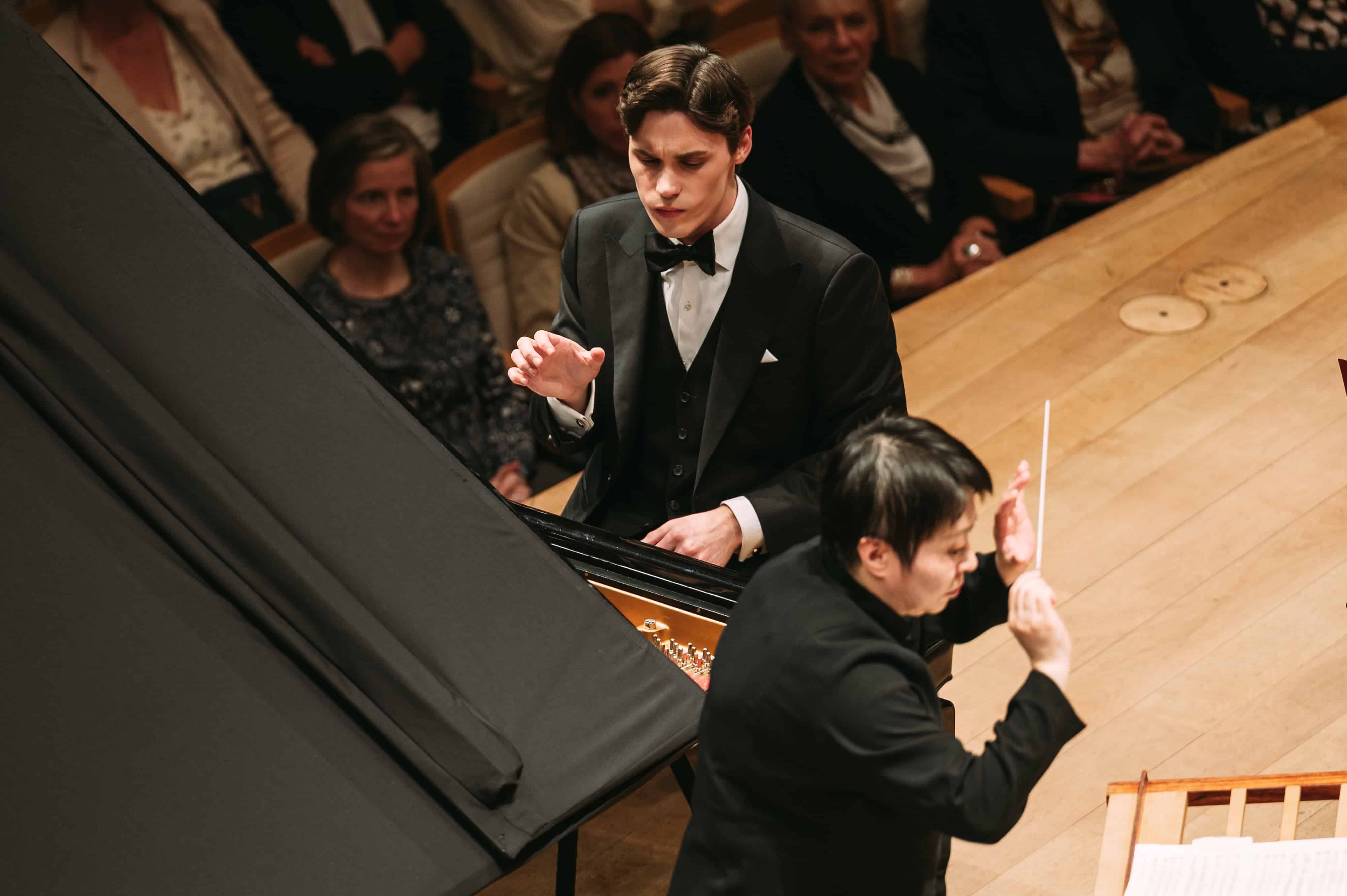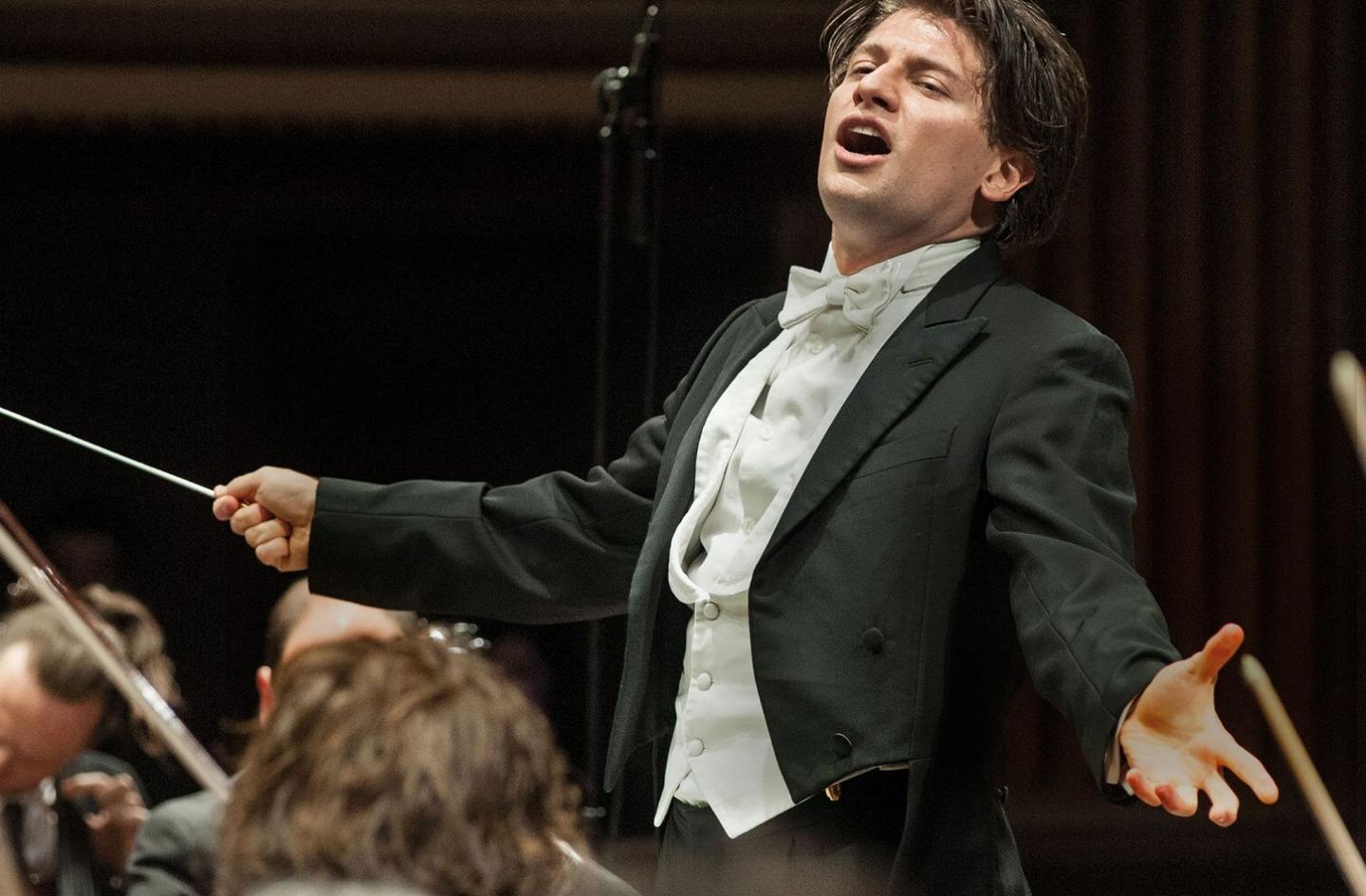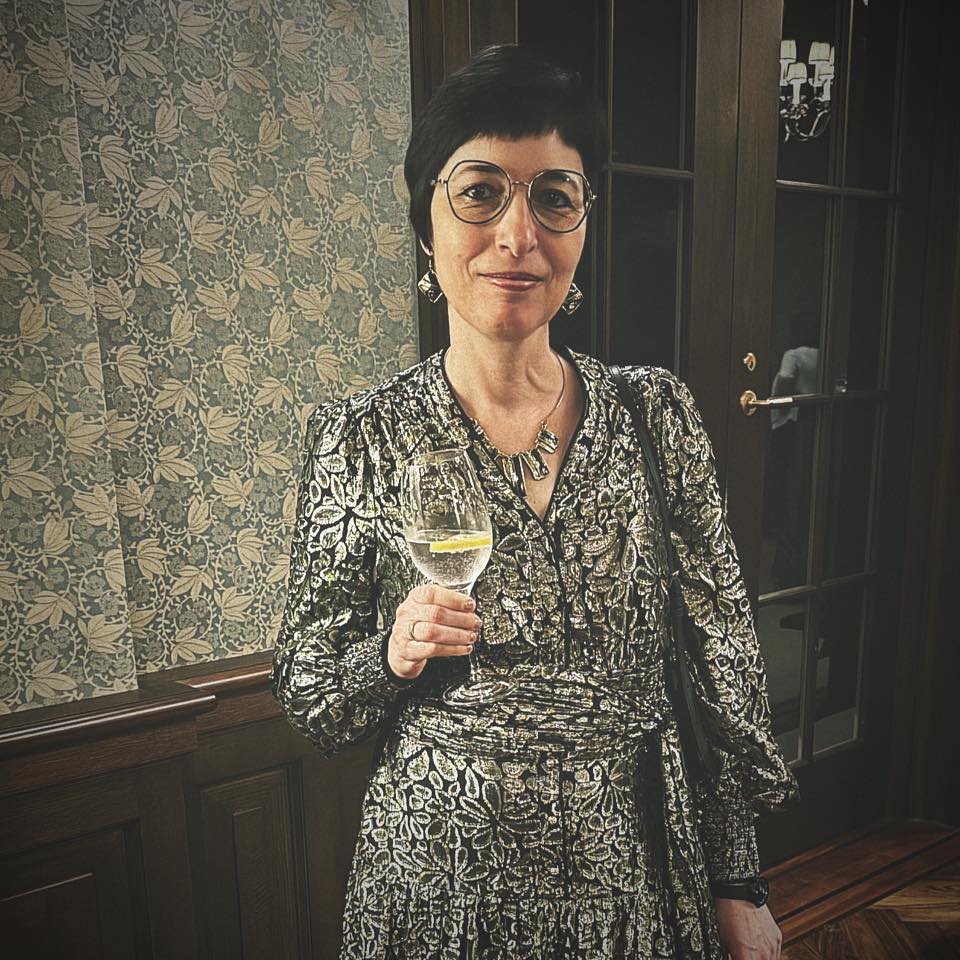Shock result: Canadian wins Montreal
NewsAs predicted, the Canadian pianist Jaeden Izik-Dzurko has won the Concours musical international de Montréal (CMIM).
He takes home a cash prize of C$30,000 offered by the city of Montréal and a development grant of C$50,000 from the Azrieli Foundation, along with other benefits.
The jury was chaired by exNY Phil manager Zarin Mehta.
Izik-Dzurko is next listed to contest for the Leeds Piano Competition in September.






Competitions can be helpful to initially launch a career. Hopping from one to another could go either way. If you win one and not the next, they remember you lost the new one. It depends on where the artist is at in their life and if they have the repertoire to sustain a lasting career. And, which repertoire do they distinguish themselves offering music not available by others? The big picture is most important. You can win the Cliburn or Leeds, and after two years of competition winning engagements, the big question is ‘what else do you have?’ Or, not win and have the wide ranging repertoire the winner doesn’t have, and make a life in music.
Indeed there are a lot of middle-aged competition winners staring at those medals and trophies on their mantels, wondering why the world so quickly forgot about them. Each case is different, but there’s always some reason. But at the end of the day, you’ve either got the artistry to sustain a career, or you don’t. Ok, so your skill-set out-shone your fellow competitors on that particular night – so the judges were obligated to select the best performance. But that prize in no way meant that you were the greatest artist or the long-distance runner.
The idea at the heart of competitions is ludicrous. That is, music is subject to objective evaluation to determine the ‘best’. It a pity competitions are so big in the Classical genre. Maybe there would be a progressive system where new players could start in small venues and progress if there was demand for their playing.
It would make sense to have a competition for ages 35-50. In many ways, these are years when musicians come into their own, develop repertoire for a sustainable career and find themselves at the service of the art, exploring soul searching ways to go beyond the standard repertoire. In the current system, it’s judging the beginning stages, having just cone into the repertoire for less than twenty years and hoping to launch a career and sustain it. Just some thoughts looking back in the rear view mirror.
I suppose the seemingly universal urge to find the “next big thing” is a factor, but I think the usefulness of competitions for the young includes the cash benefit, which can finance more teaching at a point where they still need it. It also serves as a preparation for aspects of the life: facing a big and knowledgable audience, being on a stage at all in some cases, and being assessed against some of the peers who will be in your life for a long time if they are much of a level. Depending on the age and preparation of the player, it is also a chance for a launching pad.
I remember my first competition. I was far and away the youngest, and I was not sent in with some expectation of winning anything — just to do my best and not be put off because there were lots of people there. I was a very shy child, completely withdrawing when people were around — that lasted till my teens. But though less than teenage, I came through this well — had a teacher, but my father was my real teacher and took me through my practices. (He and my teacher discussed approaches and were not in any conflict). I somehow was not nervous and did well among much older students. It removed my fear of later competitions, of which I did few, but saw them merely as punctuation in my musical year.
These were not competitions on the level you are discussing, but I think some of the principles obtain.
At 35-50, I would think pianists would be established enough not to want to compete with their peers in this way. But it’s just my own view.
Congratulations to Mr. Izik-Dzurko.
We don’t have a crisis of pianists. We have a crisis of composers. We need a worldwide composer competition to find the next Mozart or Mascagni who can write hummable tunes and beautiful melodies. Today’s new music is all rubbish.
There is a lot of good music being written these days. But too many people don’t know what they like; they like what they know. Also, in every era most music written was rubbish. Most music we love from the past is the one jewel from a lot of contemporaneous dreck.
You don’t own the concept of “music”. Just because you don’t like certain types of music, doesn’t make it rubbish. Many musicians and artists were not understood or supported during their lifetime, precisely due to the arrogance of people like you. So if you do sincerely hope for great composers, then revise your attitude so as not to crush people with actual talent, got it?
And to all of you who will inevitably downvote me out of pure ignorance and spite, I challenge you to give me a coherent argument for why you aren’t one of those people who laughed at Manet at the Salon des Refusés? Or those who called Bach “mediocre” compared to Telemann, or publishers that rejected Kafka? How can you be sure that you are so great and understand what true art is, to the point you can declare “new music” all “rubbish”? If you can’t find a coherent response to this, then it’s best that you either stay quiet, or learn to change.
my criterion for ‘good music’ is very simple — hummable melodies and tunes. No obscure, overcomplicated academic music played by an oversized orchestra that requires a 1000-word essay to explain its philosophical significance to a disinterested audience. That, unfortunately, is 99.9% of all the new compositions played in concerts today.
And that’s perfectly fine as your own preference. You are free to not like modern music, but to claim, as if it’s the universal truth, that all contemporary composers are rubbish, is simply false and arrogant. History shows that the composers that you liked now were sometimes critiqued and ridiculed in their time. Bach was forgotten for a century. You have to have the modesty to think that you may be one of them now, and that you are blinded to greatness, and try to stay open minded. Again, it’s fine if you don’t want to, and stick to what you like. In that case, call it your preference and do not call others rubbish.
To all you new music composers, if you want this art form to survive, try to compose something that goes to the hearts of the audience and not over their heads!
How difficult is that??
Congratulations.
I have listened to some of Jaden’s YouTube’s, and I can’t remember the last time I was as impressed and delighted with a new pianist.
Extraordinary variety and nuance of sonority, colors, and voicing. Effortlessly natural phrasing from which the musical architecture emerges with great clarity. Some of the best Scriabin I have ever heard. IMO a unique and exceptionally fine young artist.
I’m not sure the comments I’ve seen so far are the reactions that NL was looking for. Almost seems he wanted righteous indignation that a Canadian won a competition in Canada. Or am I misreading the tone?
On the opposite of the sarcastic presentation it was absolutely not obvious that Jaeden Izik-Dzurko would win.
First of all the little “music” in the background like “it is normal to have a Canadian winning in Montréal” is a false representation.
In an instrumental disciplin he is the first Canadian contestant to win since the first edition in 2002. Even Charles Richard-Hamelin and Bruce Liu did not make it (Liu was competing too young. Izik-Dzurlo is 25).
Since 2002 I think there were only 3 Canadian finalists before him. So there is no “Canadian bias”.
Point 2. The winner of the sonata Prize is not always the 1st Prize at the end
Point 3. The level was very high and there were 2 not only excellent, but exceptionnal contestants : Jaeden Izik-Dzurko and the Italian Gabriele Strata (who won the chamber music prize). I do not think Stata choose the right concerto but his skills, his sound and touch are amazing.
Both Izik-Dzurko and Strata are better at this stage than any winner or contestant seen here since Beatrice Rana in 2011.
So your your little innuendos are inappropriate.
Considering the competion is in Montreal – a reference to Zarin Mehta’s highly regarded tenure as GM of the OSM, in addition to the NY Phil, should be noted.